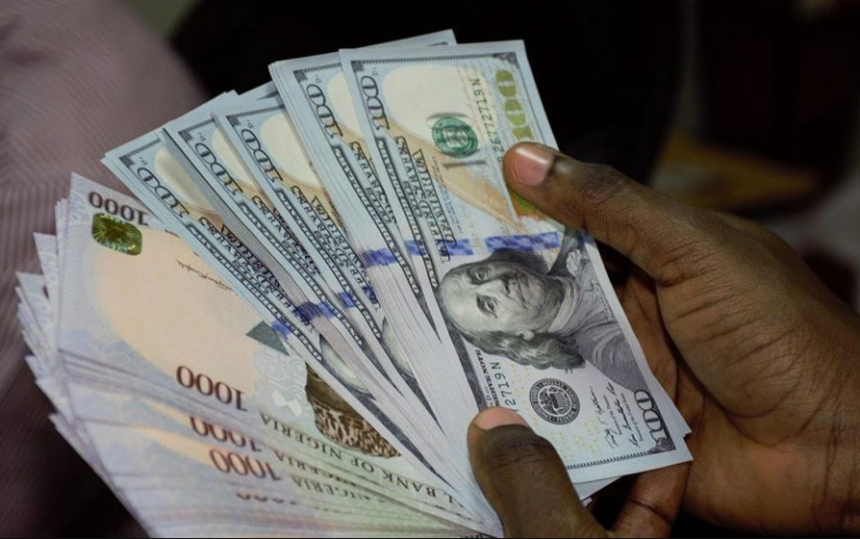The Governor of the Central Bank of Nigeria (CBN), Yemi Cardoso, has expressed optimism that Nigeria is on track to achieve a $1 trillion economy by 2030.
This bold projection is backed by the CBN’s recapitalization policy, which is set to strengthen the financial sector, ensuring a more resilient banking system by March 2026.
During his address to the House of Representatives Committee on Banking Regulations, Cardoso outlined the significant progress made in various sectors of the economy.
He highlighted that Nigeria’s growth rate for 2024 and 2025 is projected at 3.2% and 3.3%, respectively, with expectations of a more robust 4.3% growth rate in the near future.
- Advertisement -
The non-oil sector remains a critical driver of Nigeria’s economy, contributing 94.30% to GDP with a 2.80% growth rate.
Additionally, the oil sector has seen a remarkable improvement, with growth almost doubling to 10.15% in Q2 2024, driven by enhanced security measures and increased crude oil production.
Cardoso emphasized that the services sector is a key player in Nigeria’s economic growth, contributing 58.76% to GDP with a 3.79% growth rate. The industrial sector has also shown notable progress, with its growth rate surging from 0.31% to 3.53%.
Furthermore, the agricultural sector has rebounded significantly, with its growth rate climbing to 1.41%, signaling improved productivity.
Nigeria’s foreign exchange reserves have also seen substantial growth, increasing by 12.74% to $39.12 billion by October 2024. The reserves now provide more than 12 months of import cover, exceeding the international benchmark of three months, a testament to Nigeria’s improved fiscal stability.
- Advertisement -
Although inflation remains a challenge, Cardoso pointed out that it has begun to decelerate, dropping from 34.19% in June to 32.15% in August 2024, following the CBN’s aggressive monetary policies. He expressed confidence that continued fiscal and monetary policy coordination will further stabilize prices and fuel sustainable economic growth.










